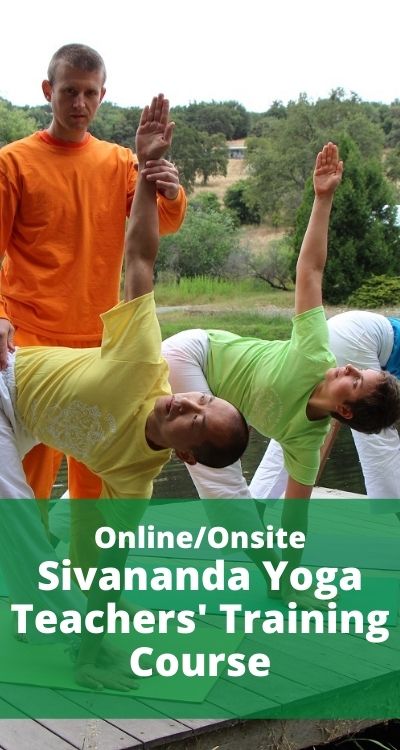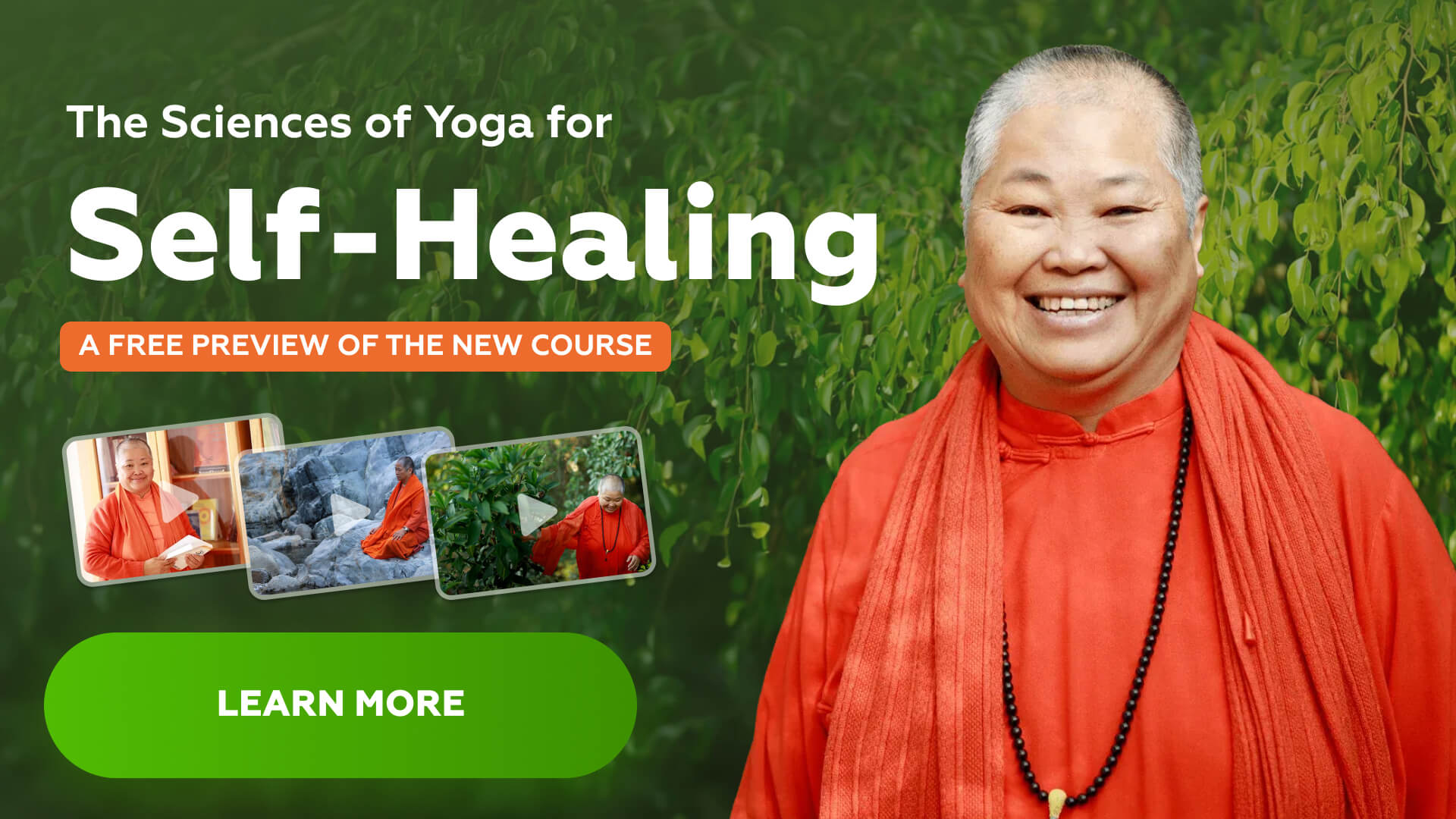To work with the emotions, we need to understand their forms and manifestations and learn how to properly handle them. All emotions are forms of Love, but distorted. Because love is at the root of every emotion, we can learn to bring the emotions back from negative manifestations to positive ones. Pure love is the remedy to all emotional problems. Love is God and God is love.
We can trace back the origin of almost all diseases to negative emotions, which dam up and affect the flow of prana. If we catch these emotions and begin working to sublimate them early on, we can avoid the detrimental effects they have on our physical and mental health, and begin to transform them into sattvic emotions that will elevate ourselves and those around us. Negative emotions (tamasic and rajasic) need to be converted back to sattvic emotions (positive emotions) and from there to Love.
Anger: Anger comes from unfulfilled Expectation or Desire. It is hot, fast and destructive. Its forms are frustrations, irritations, rage, fury, etc. It is most prominent in a Pitta nature (constitution dominantly of fire). The best way to bring anger back to love is to practice contentment and letting go of expectations. Instead of focusing on something that did not go your way, practice being grateful for the many positive elements of your life. Practice acceptance and surrender, knowing that there are many things you cannot control. Another alternative is to use patience, which will mitigate the desire.
Fear: Fear comes from Attachment. It is cold and paralyzing and makes you lose your faculties. The root is the fear that comes from our primitive instincts (the instinct of survival, the herd instinct). From there, we have the fear of death, the fear of being alone, and fear of public criticism or general fear of losing. The antidote is Courage, also Detachment–to oppose the Attachment. However, Detachment needs to be understood properly. Detachment does not mean rejecting; it means learning to see the true Self that is Love Absolute and Bliss Absolute, and feeling fulfilled, not needing anything else.
Hatred: Hatred comes from love turning in a wrong direction. It is the opposite of love. When we cannot love someone or something, it corrupts to Hatred, which makes us smaller, and unhappy. The antidote is to practice active love or at least compassion. We must learn to see the Self in others. Practicing selfless service is love in action—it can foster compassion and ease open the knots of the heart that corrupt love into hatred.
Lust: Lust comes from Desire and Passion manifested through our senses, and sexual energy that wants gratification out of instinctive habit. We project our desires on material objects or people and seek for union with them externally, when in reality we seek for union with the Divine Self. The antidote for lust is chastity, and devotion to the union with the divine through pure love. We must beware of our reproductive instincts taking control over our being. Even though we are part instinctive, part divine, we need to exercise reason and control to transform our lustful tendencies to pure love. Through the practice of pure love, we learn to experience the union of the divine in all beings.
Greed: Greed comes from our desire for safety and fulfillment twisted into insatiable desires for material objects. The keyword of greed is more. We think wrongly that if we have more of something we will feel satisfied, gratified and content. We end up wanting more and are restless and not satisfied. We want more money, relationship, power, houses, cars, possessions, food, etc. The antidote of Greed is charity and contentment. Count your blessings and give indiscriminately, instead of accumulating and taking.
Jealousy/Envy: Jealousy and envy come from our lack of acceptance of our karmas and what comes to us by God’s will. We project the inner idea of our accomplishments and greatness to someone else that has what we want and become jealous–instead of accepting our conditions and working on ourselves. The antidote is acceptance. We should remind ourselves that everything we experience is due to our karmas, and that by humility and by acceptance we can work through our karmas and learn our unique lessons.
© Swami Sitaramananda 2014 No part of this article may be reproduced in any form without the written permission of the author.




